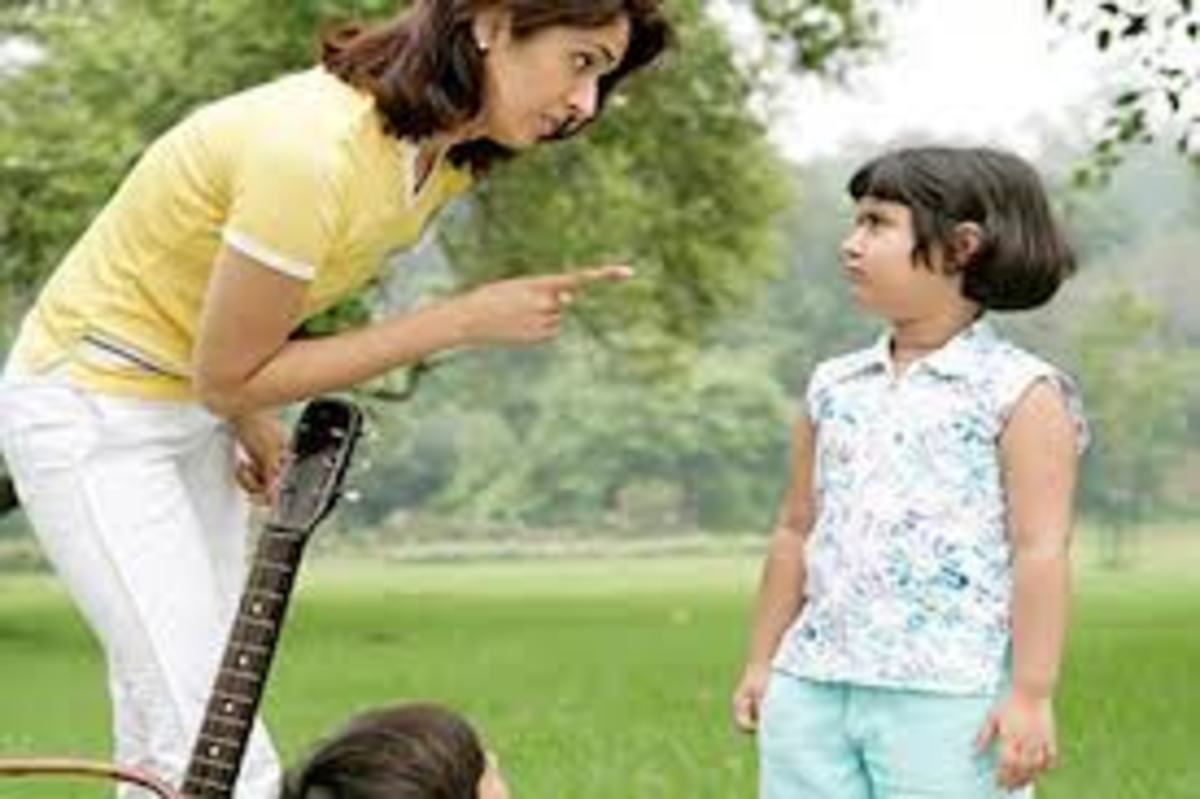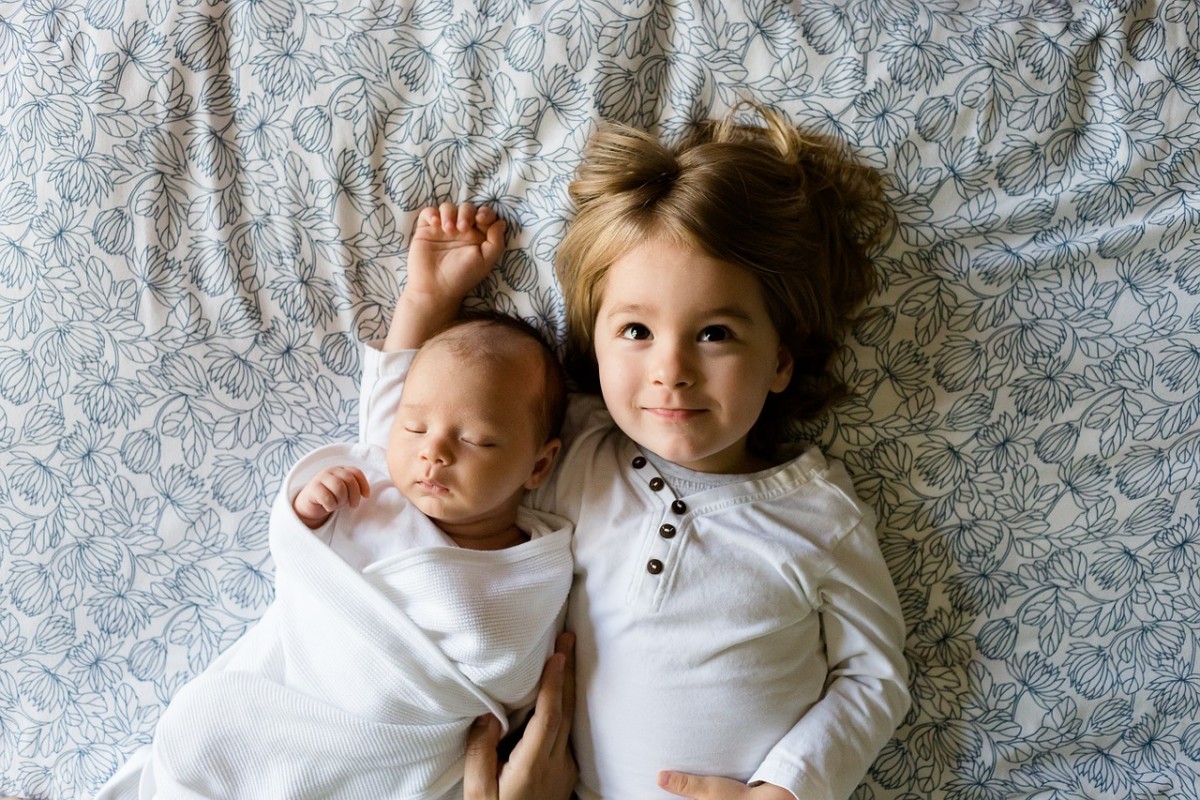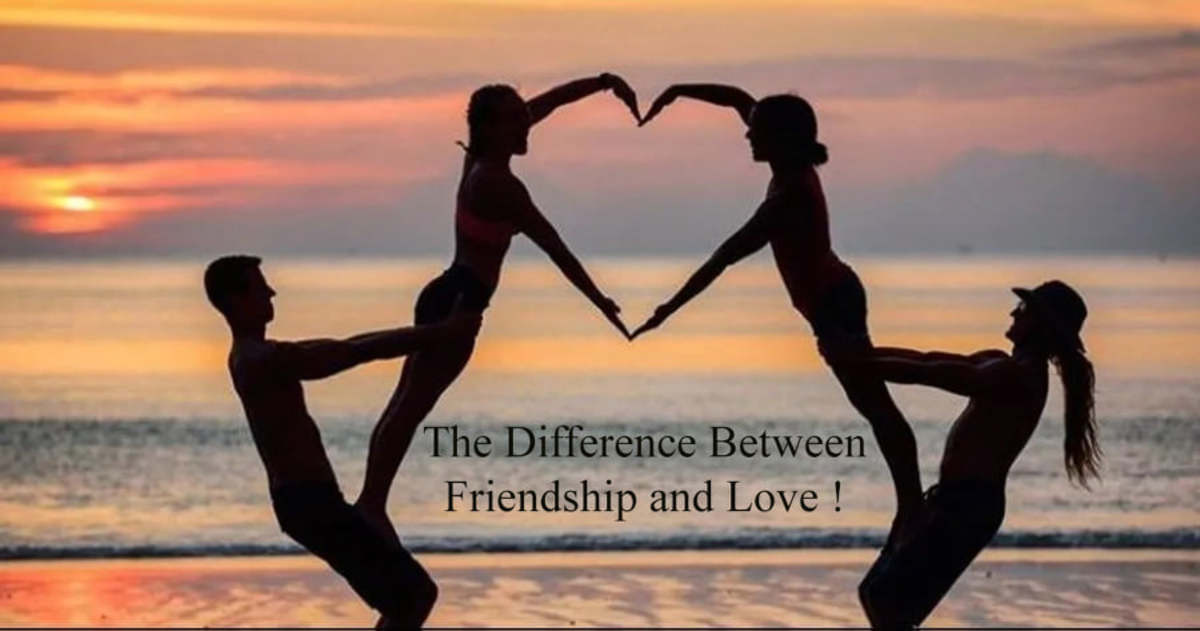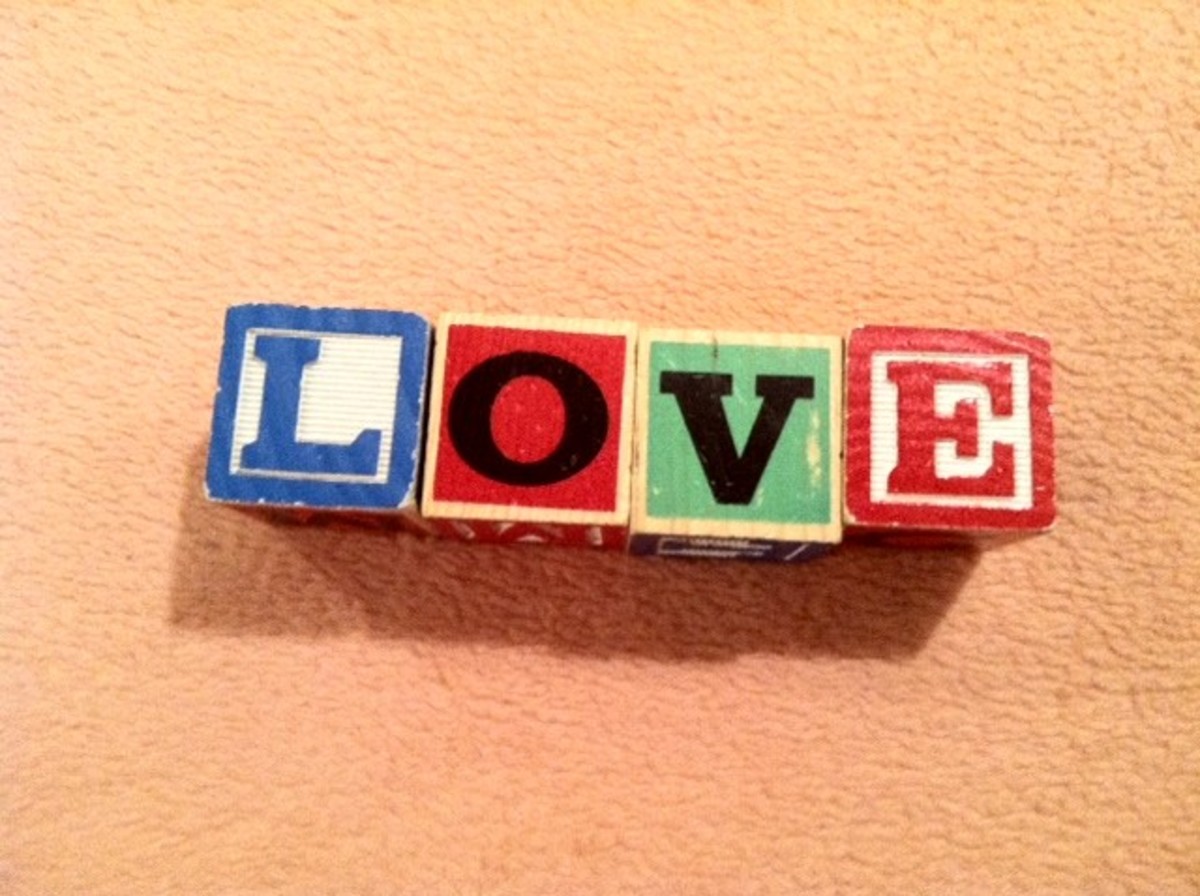Bad Parenting And The Effects on Children
I learned a long time ago not to believe in promises, no matter how desperately I wanted to. There were just too many excuses for them to fall through. “Too rainy to walk to the movies,” my mother would say. “We'll go another day.” A day that never came until the film changed.
— Denise JacobsonIntroduction
The word “parenting” is a fairly recent addition to our linguistic lexicon. Prior to its view as a primary factor in emotional growth, it was understood that parents bore and raised children until, like the offspring of other species; they reached a stage of development which allowed them to survive on their own, beyond dam, nest, or other sheltering settings.
The urge to procreate, inbred by nature, eased this process in that it impelled those who were no longer fledglings to seek independence.
In the human sphere, aside from extreme situations, parents were simply parents. While some were deemed more devoted, involved and concerned than others, they were more-or-less accepted as given. Long, costly years in psychoanalysis were not deployed in order to find some source of blame for every flaw, blunder or internal conflict.
This is not to say parental treatment does not impact upon our lives as adults. Still, a point must be reached for each of us to accept our choices for what they are, whether or not their consequences prove fruitful or detrimental to ourselves and /or those close to us.

When Does Parenting Begin?
While once thought to spark at the moment of birth, an increasing volume of research indicates an intuitive sense of one’s place in a family begins at some point of development in the womb. The exact time when seeds of understanding take hold has yet to be defined.
Still, science has known for some while that hormones secreted by a mother during gestation impact upon the emotional life of the unborn child. The feelings of the birth father constitute an equally large component, in that his tenderness or cruelty of the expectant mother will affect her brain chemistry. Just as hearing has been shown to be the last sense to leave the body before death, it is, in all probability, the first sense to enter consciousness on a subliminal level.
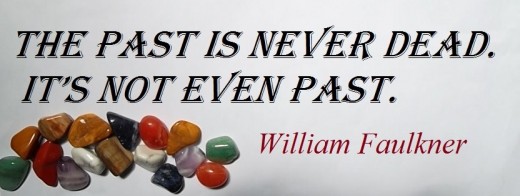
Hypnotherapy And Our Earliest Memories
In terms of early awareness, one man found himself intrigued by the results of a hypnotherapy session. Perceiving a powerful image, he asked his mother whether there had been sheets of some sort of plastic in the hospital room where he was delivered.
Having thought about this for a moment, she gasped, “How could you possibly know that? I myself had all but forgotten. When you were born, reconstruction of the ward was in progress, so in order to protect new-borns against germs and dust; plastic sheets had been placed over those areas under renovation. If I didn't mention it to you before, it was because I either forgot or thought it had no importance.”
This verifies the belief that each memory, at least from the moment we enter this world has been stored, as on the hard drive of a computer, and can thus be retrieved.
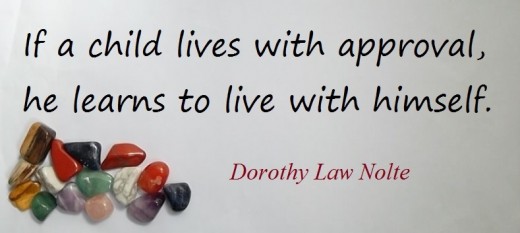
Are Parents Negative Feelings Transmitted to The Child's Mind?
In her memoir, "Just Visiting" Molly Corbally recounts her years as a health visitor in England after World War II. These visitors dealt with straightforward childhood needs, sometimes bringing them to the notice of doctors. Mothers often confided feelings they viewed as too shameful to expose to clinically minded physicians.
One such mother of twin girls told Ms. Corbally, with tearful guilt, that while doting on one twin, she found it impossible to feel affection towards the other. (The birth of this second twin had been agonizing; later, she had proved to be a difficult infant.)
Ms. Corbally offered comfort by reassuring her that, as she showed the same degree of cherishing towards them both, the twin evoking remorse must have felt the love which lay at the core of their mother’s heart.
Ideally, this is true in such situations. Still, on the subliminal plane, can this become absorbed by the psyche? Some psychotherapists advise mothers who feel they have failed in this way to cuddle a baby and sing lullabies. This will, in time, bring about the needed hormonal and emotional changes.
Sons of the sinner, sons of the saint, who is the child with no complaint?
— Jacque Brel“Mom Liked You Better.”
During the 1960s and 1970s, Tom and Dick Smothers “the Smothers Brothers” comedy hour was at the cutting edge of American televised humour. Still, their most renowned line passed the censors’ scrutiny without a glitch: “Mom always liked you better.”
Like all sentences which take hold, this feeling resonated throughout families in that countless siblings have grown up with a sense of being subordinated in the hearts of one or both parents to a preferred brother or sister.
Tom and Dick Smothers’ father, having been killed during World War II, were raised largely by their mother. Hence, perhaps some echo of competition was unearthed by this supposedly light-hearted jest. Indeed, parents often cannot avoid a deeper sense of affinity with one child than with others.
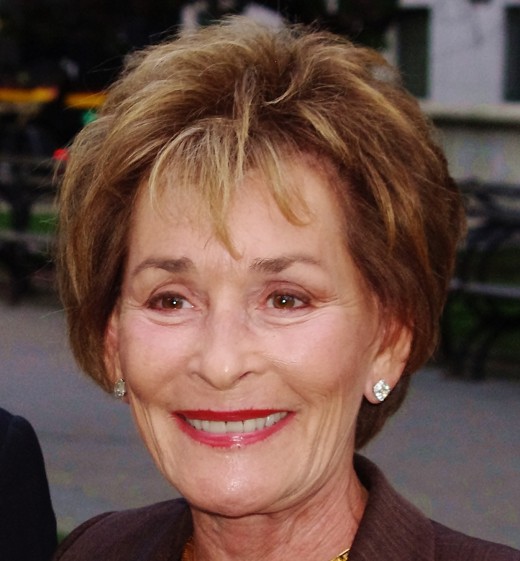
Still, as Judge Judy points out, not every child is born with the finest body, face, wit, or intellectual gifts. Still, a parent needs to find an area in which that child can excel and soar to their highest level, without subtle condescension or a sense of their finest efforts being regarded as second rate.
The “Cinderella Amendment”
At this writing, an amendment to an existing law is being discussed and considered. Its title , “The Cinderella Amendment” derives from the fact that, even in our seemingly enlightened society, one or more children can be neglected, forced to assume the majority of household chores-in short denied a more-or-less carefree and nurturing childhood.
Even without extreme discipline, it is becoming legally recognized that long-term lack of parental love can spawn deep emotional damage. A further cruelty occurs when a child is forced to become the chief weapon in the artillery between warring parents. Societal awareness of these issues has grown to a point where, if these and other types of continuous infliction of pain are shown, they can result in a prison sentence.
The Basis of The Term “Wicked Stepmother”
The source of the use of "Cinderella" in this proposed amendment stems from the venomous stepmothers presented in any number of fairy-tales. Snow White, Hansel and Gretel, and indeed Cinderella are rife with examples of women who, having replaced a deceased wife, are not willing to accept their role as mother to children to whom they have not given birth.
Fairy tales, like myths, represent an aspect of the human condition. They are, to a large degree, magnified versions of some of life’s major struggles. There is no question that some men and women do find the responsibility more challenging than they had ever imagined.
This proves especially true if the stepparent has little or no background in developing the patience in meeting the needs of children and adolescents. Where offspring are old enough, open discussion should be encouraged.
Children should be urged to acknowledge their conflicts regarding a new authority figure who they doubtless regard as something of an interloper. Often deep feelings of love can evolve, but they need mutual adjustments and efforts.
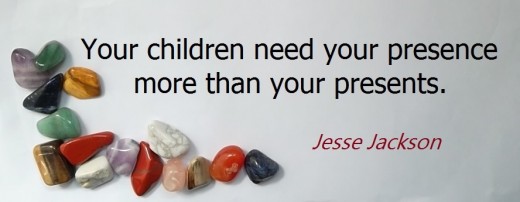
A Father’s Comparison With The Pain of His Children
Novelist and memoirist Michael Frayn recounts the shock and anguish caused by the death of his mother, at age 41, due to a sudden heart attack. Michael Frayn was around ten when this happened, with a sister three and a half years younger. Once the death had been definitely confirmed by her doctor, the father and two children released their anguish in tears and cries of sorrow.
Then, to young Frayn’s surprise and bewilderment, the father said he himself would miss her the most, based on his having known her the longest. It is horrifying to imagine a man in this situation telling his children, in essence, that he was entitled to the largest share of grief, and thereby deserving the highest degree of compassion.
Similarly, I once overheard two acquaintances discussing the miscarriage of a fetus by one, and the loss of a fully formed baby a few days after delivery. The one who had miscarried told the other, “At least you were able to hold your living child. I never got to do that, so you were far more fortunate.” “Fortunate?”
The other responded. “I think, if anything, that made it harder. I held him against myself and tried to warm him while I watched his little chest moving up and down because he was struggling for air.”
As an outsider, I felt appalled that this conversation could even occur. Must there be, in every area of life, an element of competition?
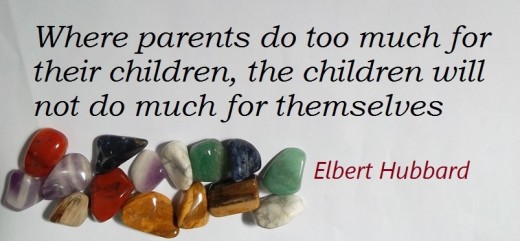
The Danger of Over-Indulgence: The Child In Control
Fortunately, the tendency to scold or slap a child who is misbehaving has changed towards an emphasis on understanding and empathizing with underlying needs. Still, growing parental fear of becoming bullies can backfire to the point where children are allowed to evolve into bullies, due to what has been described as the power of powerlessness.
The above-quoted health visitor, Molly Corbally, recounts her experience in one home where a small boy was given everything he requested. If he saw a toy in a shop window he fancied, he need only ask, and his mom or dad would almost certainly buy it for him, rather than say he must wait until his birthday or Christmas. A delightful child, this treatment seemed to be having no detrimental effects upon his behaviour.
A Challenge And Change
One morning, on a routine visit, Ms. Corbally found this mother distressed. Her plans for food shopping had been destroyed by her son’s refusal to get out of bed and go with her. As he was too young to be left home alone, she felt her only option was to postpone her trip for the needed supplies until he felt ready. She added that to use any type of physical force would involve taking unfair advantage of the child’s lesser strength.
A Solution Satisfactory to All
Ms. Corbally urged this mother to let the child lounge about as long as he liked. Next day, he could be taught the fairness of compromise. Thus, on the following morning, his mom, rather than awakening him to the warming aroma of breakfast, waited for him to come into her room to ask for his morning meal.
When he did so, she told him she did not want to get up, not for some while anyway; she felt far too cosy. Startled and bewildered, he waited, fussed, waited longer, then cried. Once she saw his boredom, frustration and hunger had made their point; she got up and made his breakfast. Afterwards, a friendly but definite chat about fairness and consideration towards others prevented this type of conflict from re-occurring.
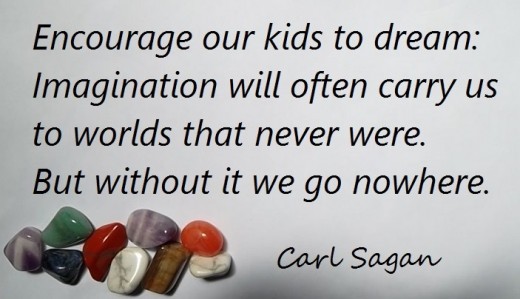
Leniency Towards Children With Disabilities
It is natural for parents of offspring unable to participate in many of the frolics enjoyed by other children to make some effort to compensate by granting a few extra privileges. While this need not be harmful, unacceptable social behaviours must not be allowed.
Such tolerance can engender a tendency to expect this level of catering from the world at large. In fact, it can only succeed in deepening the alienation and ostracism often faced by the disabled in social or employment environments.
I observed this menace confronting one young man who suffered with mild cerebral palsy in his late teens who enrolled in a literature course I taught at a local university. During the usual after-class chat, he felt free to interrupt any other student at whatever depth of discussion with me regarding a grade on a paper.
Members of ethnic minorities, viewing this treatment as disrespect, were often eager to restore their sense of dignity by subjecting him to a beating. Only my intervention and pledge to find some way to halt this habit kept this threat in abeyance.
Familial Respect Makes a Significant Difference
Concerned to the point of alarm, I contacted this young man’s parents. As their son enjoyed my course, they invited me to their home for a family dinner. This chance to observe the young man in his natural habitat was amazing in its enhancement of my grasp of his treatment of classmates.
No matter who might be speaking with whom, even via telephone, my student interrupted whenever it suited him, with never a hint of apology.
Hence, after dinner, I had a private hour with his mom and dad. Both of them agreed that in order to encourage his delayed speech development, they had urged him to speak whenever he chose, in nearly all settings. Enrolled in special classes throughout school, his studies at this university constituted his first endeavours to learn and interact within a non-disabled framework.
Once I had explained the confusion arising between his private sense of the world and the realities of day-to-day life, his parents agreed to hold him to the same standard as their other children. This approach led to a number of sessions in my office, frequently including those students this young man had inadvertently offended.
I believe these talks increased awareness of interpretations on both sides. Ultimately, my advice to the parents of disabled children is to prepare them for the rigors of a competitive world in which they can function with natural grace and alacrity.
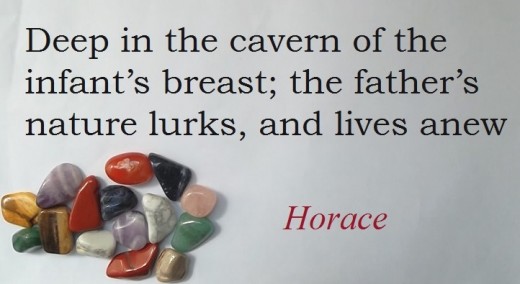
The Unguarded Word Overheard by a Child
No parent can expect him or herself always to speak with absolute tact, or to weigh the impact of every crossword or scolding. Still, there do need to be parameters beyond which the wildest rage or most soul-wrenching grief can never be allowed to transgress.
In my work as a counsellor, one of my most troubled clients, “Ralph”, was a middle-aged executive with a lovely wife and three intelligent children. His reason for seeking counselling arose from a cry he had overheard from his mother when, at eleven years of age, he and his twin brother “Don” had been involved in an auto accident. Don had been killed, while Ralph suffered mild, short-term injuries.
From an early age, Don had shown greater academic and athletic prowess than had the more reticent Ralph. Tragically, Ralph’s sense of parental preference for Don crystallized when he heard his mother sob out in their hospital room, “If one of my boys had to die, why did it need to be Don?”
While Ralph was quickly wheeled from the room, the comment had entered his deepest core, its implications following him well into adulthood.
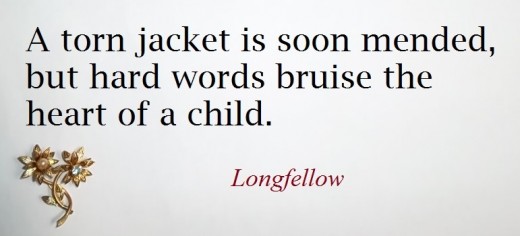
Toxic Reprimand: “So Now I Don't Love You Anymore”
I was visiting a friend “Janine”, who owns a spacious home, finely furnished and maintained to perfection. At one point during our chat, Janine’s nine-year-old daughter strolled through the front door and into the sitting room.
She neglected to wipe her mud-splattered feet on the doormat. Granted, the resulting watery dirt she tracked onto the carpet would have caused any parent distress. Still, I was aghast to hear Janine say, “Look how you've damaged my carpet. It may never be properly cleaned, so I don't love you anymore.”
The child stood still, turning pale, as with tears she tried to restrain, she replied, “Mom, you know I didn't mean to.” Guilt-stricken, Janine reached her arm out, drew her daughter to her, and said, “And you know I didn't mean what I said; I was just being grouchy.”
The girl nodded, then hurried away, upstairs towards her room; it seemed evident more tears were to follow, behind her closed bedroom door. Once again left to ourselves, a chagrined Janine said-,
“It’s really my fault for having carpets like this while I have growing kids-and what I just said was awful I know. Still, I feel sure she will understand or forget it. Anyway, I'll buy her those jeans she’s been pleading for, and that should make things all right between us.”
I could only hope so. Whatever a child’s dereliction or mischief, the threat to withdraw the bedrock of a parent’s love may cause profound, lifelong insecurities.
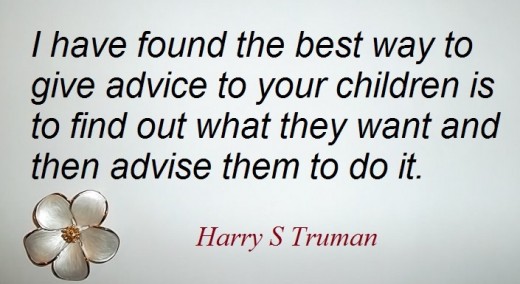
Fair Play: The Folly of Forced Sharing
A strong component in good parenting is to indicate to a child that sharing toys, treats etc. is a matter of his or her choice. In fact, it is a form of oppression to say or imply, “We can tell you what to do with your things, because we bought them.”
This is tantamount to buying a young adult a car, then limiting its use to trips back and forth to university lectures. Ideally, children develop a wish for mutual sharing with siblings and friends, but it must be voluntary.
I was once disturbed when an acquaintance, having borrowed a roll of film from his son, refused to give him a roll in return. His justification lay in his having bought the child some costly Christmas gifts, and taken him to a number of fun places during his holiday break.
The child’s eyes showed a sense that his dad had cheated him, combined with the knowledge that any objection on his part would result in a berating for selfish ingratitude. The likely result of these feelings, rather than instilling a desire to share, tends to taint that trust crucial to a good parent-child bond.
The Importance of Teaching Children Politeness And Privacy
I was around four or five when I asked a neighbour my mom and I were visiting, “What church do you go to, Mrs. Hill?” At that age, I assumed everyone adhered to Christianity and attended some type of church service every Sunday morning, as we did. This made my query, from my point of view, as innocuous as what street someone lived on. Still, even at that young age, I knew I had blundered.
The consequent silence, ended by my mother’s apology and our hurried leave-taking made this all too obvious. Once back home, my mother explained that while neither she nor Mrs. Hill was cross with me, I must never again ask anyone that type of question. People, Mom said, will tell you those things about themselves they are glad to let you know. It is not polite, Mom concluded, to ask them about things they do not mention.
Think Before You Reprimand a Child
Two decades later, I sat with my son, around age six, in a waiting room of a medical practice where minor surgeries were performed. A few seats away from us sat a lady, attractive aside from a prominent wart on the tip of her nose.
I glanced at my son in hopes of conveying my wish that he appear not to notice, and believed I had succeeded until, as she walked passed us towards the surgery door, he asked-
”What is that thing on that lady’s nose?”
As I began to reprimand him, the lady smiled and said, “Please, I didn’t mind the question one bit. You are right, little boy, this wart is not pretty. I’m here so the doctor can take it away, and after he does, I think my nose will look a lot nicer.”
Once in the car, I left my son in no doubt as to my displeasure. Then, as I saw tears beginning to form, I recalled my own childhood booboo and realized I was being unduly harsh. Hugging my little boy, I said, much as my mother those years before, if anyone has something about themselves they would probably like to change, it might make them sad if someone asks them about it.
I also suggested if anyone ever asked him a question which made him uneasy, he should simply say he would prefer not to answer. Then, if the prying persists, he should never let himself be pressured or bullied into responding.
Please enter the poll
Do you believe that children should be slapped for being naughty?
Our Obligations as Parental Role Models
Writer Oscar Wilde once chastised one of his sons for being naughty and making his mom cry. The son retorted that Wilde himself often made Mom cry. (It has been said the only truly cruel act of Oscar Wilde’s life was to marry, given the gender preference of which he must have been well aware at the time of his courtship and wedding.) At any rate, we cannot expect more of our children than we do of ourselves.
Fortunately, if early on, we sow seeds of compassion, openness and acceptance towards others, respect for others’ privacy and the right to set boundaries of one’s own, we are likely to offer the world the kinds of adults who will lead fulfilling lives, while bringing joy and contentment to those of others.
In fact, as longevity increases, more and more parents and their grown children are developing into genuine friends, liking each other’s companionship, in addition to basic parent-child love. Let us hope this continues.
- Finally, regarding the quote below, I believe parenting has moved forward.
I had a baby because that’s what you did, I didn't know anything about it, I was scared to death; I still don't like children… I like my own children.
— Joanne WoodwardBibliography
- Corbally, Molly: Just Visiting: Memoirs of a Health Visitor: Publisher: Woodfield 2001
- Frayn, Michael: My Father's Fortune: A Life: Publisher: Faber & Faber 2011
- Jacobson, Denise: The Question of David: A Disabled Mother's Journey Through Adoption: Publisher: CreateSpace Independent Publishing Platform 1999
© 2014 Colleen Swan

